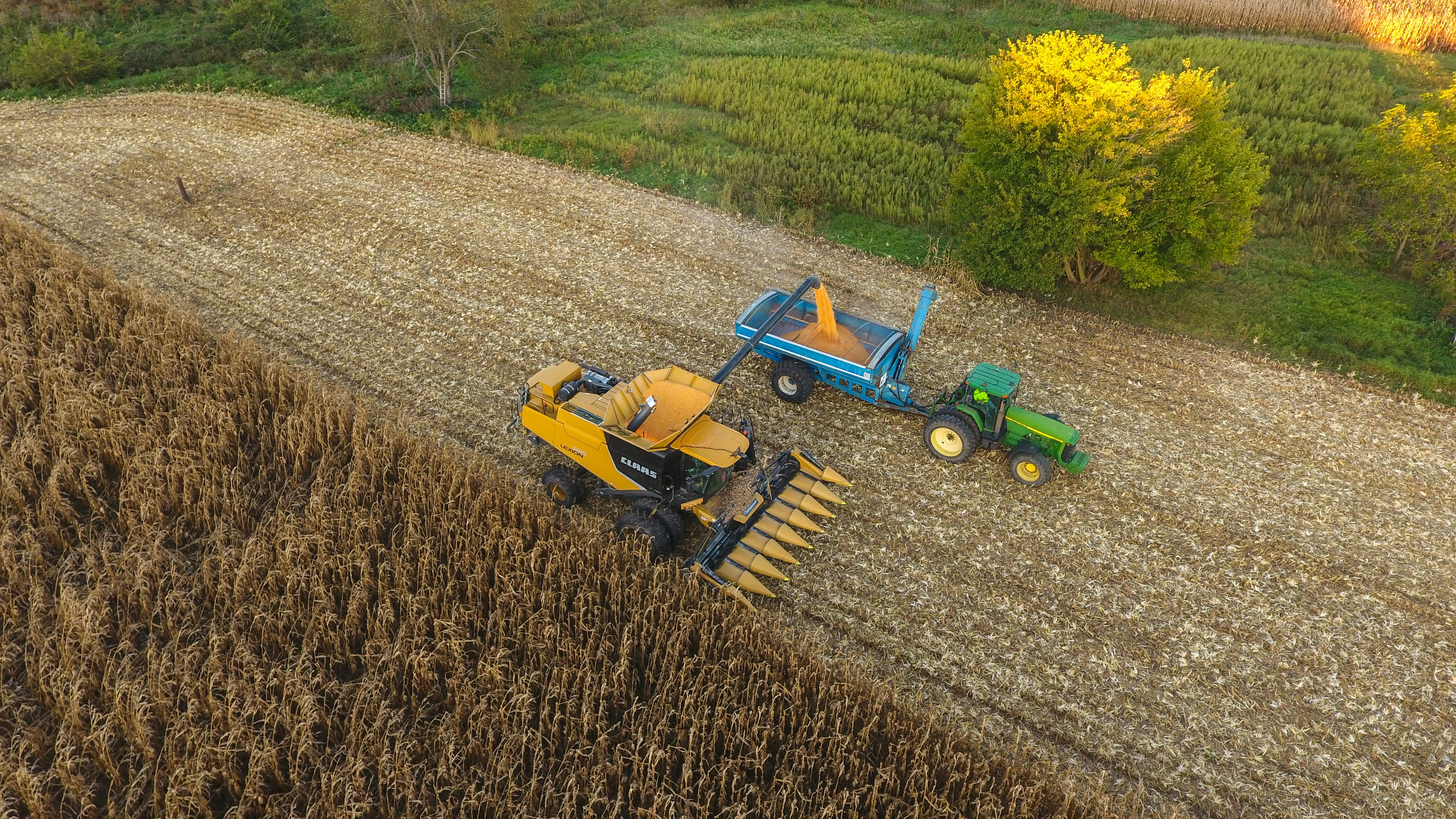Food Wars: Exploring The Intersection Of Geopolitics, Climate Change, And Global Hunger

In an era where geopolitical tensions and climate change increasingly influence global affairs, 'food wars'—conflicts driven by scarcity of resources, particularly food—emerge as a critical threat to international stability. This article explores the interplay between geopolitics, climate change, and vulnerabilities in the global food supply chain that contribute to this growing concern.
Defining 'Food Wars'
Historical Overview of Food Wars
Historically, conflicts over resources have been a common trigger for war. Examples like the spice wars of the 17th century and more recent disputes over water rights in arid regions underscore the potential for scarcity to lead to violence. These historical precedents provide valuable lessons on how resource scarcity can escalate into full-scale conflicts.
Current Definition and Scope
In contemporary terms, 'food wars' refer to conflicts that arise when nations compete over agricultural resources, which are increasingly perceived not just as economic commodities but as critical national security assets. This redefinition reflects a world where food security is directly linked to political stability.
Geopolitical Influences on Food Security
Major Geopolitical Events Impacting Food Supply
Recent geopolitical events have starkly impacted global food supplies. For instance, trade disputes between major powers have led to tariffs that restrict the flow of key agricultural products, while regional conflicts disrupt farming in fertile areas, affecting both local and global food markets.
Role of National Policies and International Relations
Protectionist policies further exacerbate these challenges. Countries imposing high tariffs or export bans on agricultural products do so to secure national food supplies but at the cost of destabilizing global markets. Conversely, international trade agreements that include food trade can help stabilize supply but require delicate balancing of national interests.
Climate Change and Its Impact on Agriculture
Direct Effects of Climate Change on Agricultural Output
Climate change poses an immediate threat to agricultural productivity with its direct effects such as altered rainfall patterns, increased temperatures, and more frequent extreme weather events. For example, droughts and heatwaves have already reduced yields in major grain-producing regions, threatening food security globally.
Indirect Effects and Long-term Consequences
The indirect effects include changes in water availability, soil degradation, and increased prevalence of plant diseases and pests. These changes are forecasted to shift agricultural zones, with some current breadbaskets becoming less viable and other regions becoming more suitable for crops, thus reshuffling the global agricultural map.
Vulnerabilities in Global Supply Chains
Current State of Global Agricultural Supply Chains
The global food supply chain is highly complex and susceptible to disruptions from both man-made and natural events. Logistics issues, such as shipping disruptions and inefficient storage facilities, compound the problem, leading to significant food wastage and loss.
Potential Solutions to Strengthen Supply Chains
Technological innovations like blockchain for tracking and AI for predicting crop yields can help mitigate some of these risks. Furthermore, policies aimed at improving infrastructure and reducing trade barriers could enhance the resilience of global food supply chains.
Conclusion
The convergence of geopolitics, climate change, and supply chain vulnerabilities could potentially lead to 'food wars' if not addressed with thoughtful and cooperative international policy. It is imperative for the global community to foster collaboration and innovation to secure food resources and ensure that the future does not become marked by conflicts over food. Addressing the root causes of these issues comprehensively involves a multi-faceted approach involving governments, private sectors, and international bodies working together to ensure stability and security in food supplies worldwide.
Author: Brett Hurll
Copper's Comeback: Inside BHP And Lundin's Argentine Asset Acquisition
Copper, often dubbed "the metal of electrification," is experiencing a resurgence in demand due to its critical role in ... Read more
Revitalizing Commodities: How Clean Energy Is Breathing New Life Into A Stagnant Market
The commodities market, traditionally a cornerstone of investment portfolios, has experienced a decade of stagnation. Ho... Read more
European Airports Disrupted By Escalating Climate Protests
Climate activists have escalated their protests at European airports, blocking runways and causing flight disruptions in... Read more
Hungary's Russian Oil Dilemma: Why Brussels Is Cautious In Offering Support
Hungary's reliance on Russian oil has led it to seek support from Brussels to ensure continued access to this crucial en... Read more
Unveiling China's Secret Commodity Stockpiles: What Lies Ahead?
Xi Jinping's extensive reserves of grain, natural gas, and oil hint at future challenges.In a move shrouded in secrecy, ... Read more
Copper Miners Brace For Industry Overhaul As End Users Seek Direct Deals
The copper mining industry is bracing for a significant overhaul as end users, including cable manufacturers and car com... Read more

